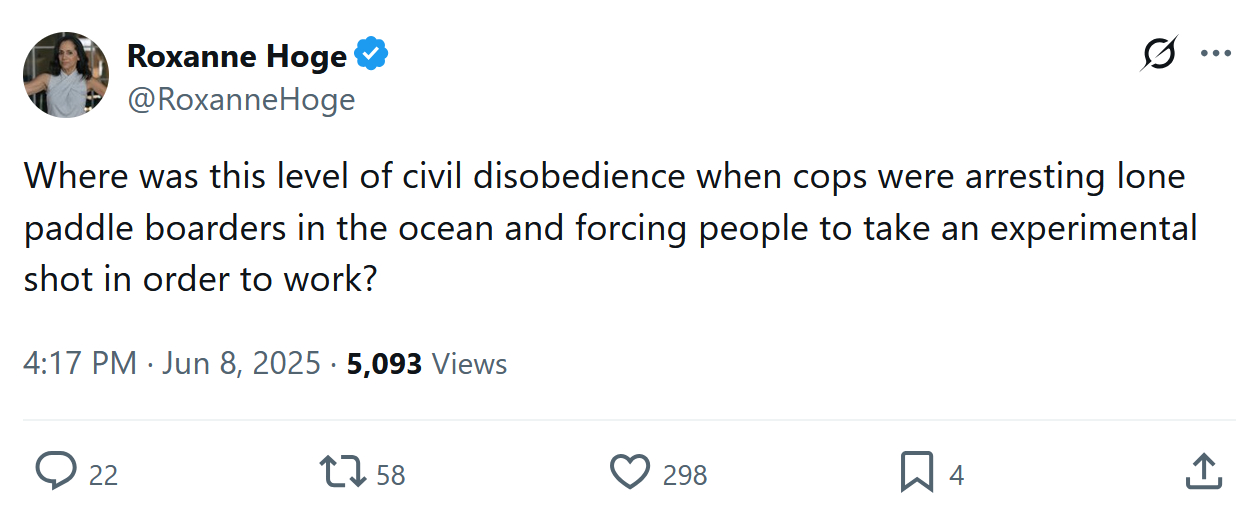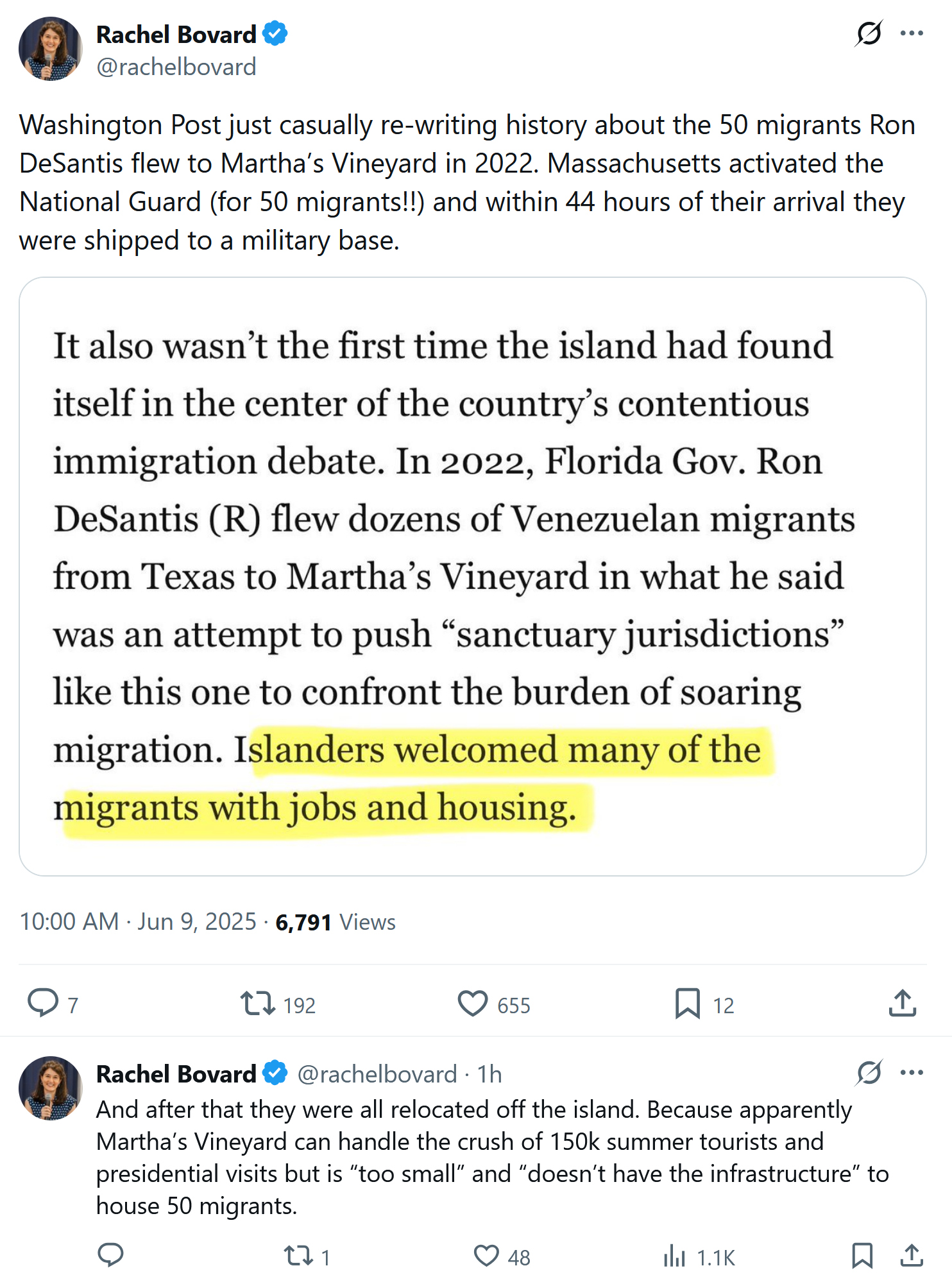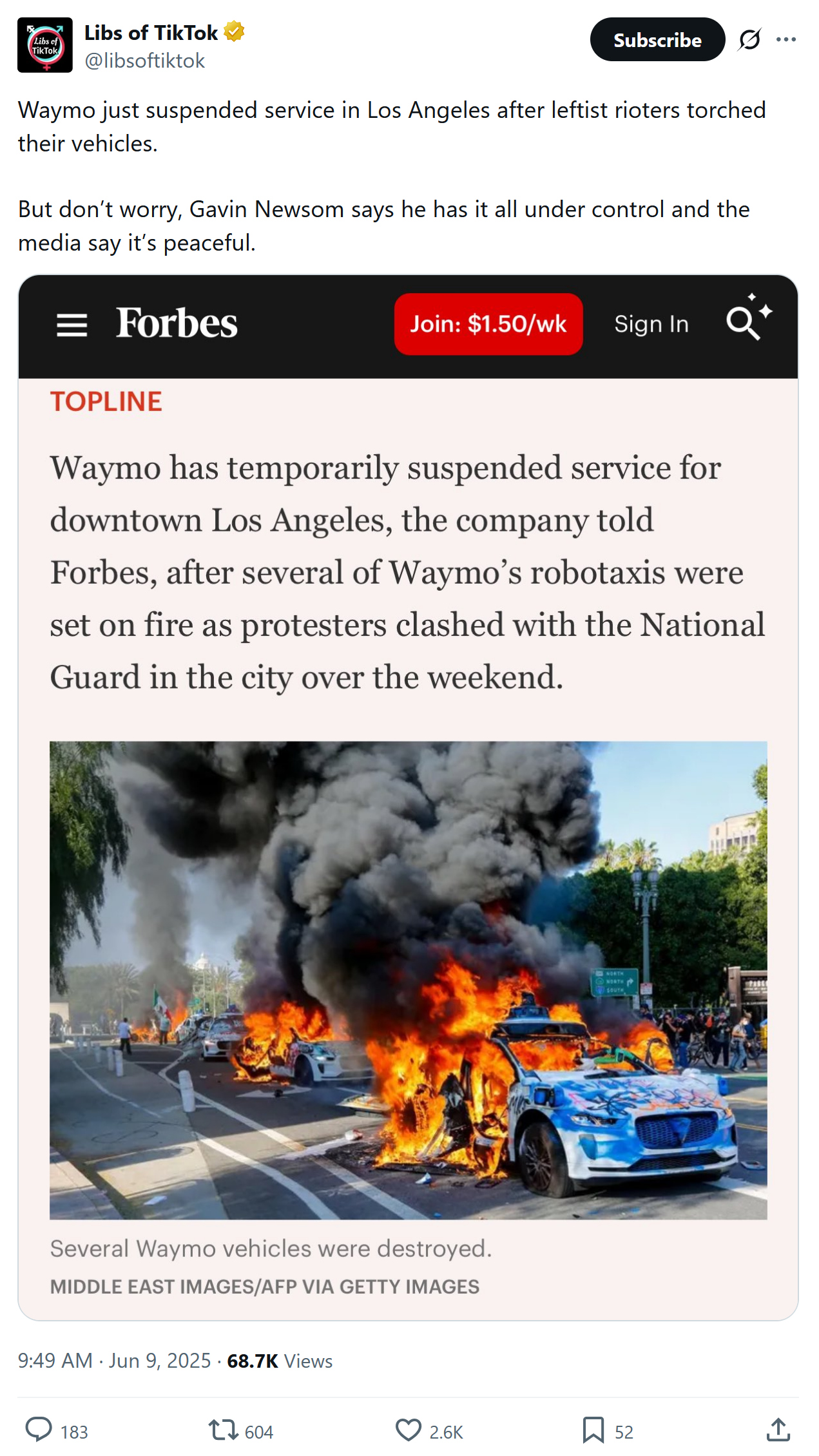STEVE HAYWARD: The Tanenhaus Variations.
Other prominent nodes of the [William F. Buckley] story get fresh new details, including his time at Yale and as editor of the Yale Daily News (would he get that appointment if he was at Yale today?), and the runup and rollout of his famous first book, God and Man at Yale. (Among other things, we learn that T.S. Eliot didn’t like it.) Buckley’s support for Joseph McCarthy is explicated at length, revealing more about Buckley’s ambivalence toward the man himself rather than his cause. His ambivalent relationship with Nixon is well-covered, while his relationship with Ronald Reagan, the president with whom Buckley was clearly closer both personally and ideologically, receives strangely uneven treatment. For example, there is nothing on Buckley’s split with Reagan over arms control and U.S.-Soviet relations during Reagan’s second term, nor on many other details from Reagan’s presidency about which Buckley commented relentlessly. It is just at the point that the book loses steam completely, making the reader wonder if [Sam] Tanenhaus grew bored with the project or simply wanted to release the book on the 100th anniversary of Buckley’s birth. After 800 pages detailing the Buckley story from 1925 to 1980, the years from 1980 to his passing in 2008 are condensed into just 40 pages. This “definitive” biography is definitively unfinished.
We do receive major discussion of Buckley’s time in the CIA, his dazzling personal and precarious financial life, a roller-coaster that included a near-bankruptcy in the early 1970s (throughout which Buckley never cut back his extensive personal charity, the full scope of which is only hinted at in this book), and his most egregious and consequential mistake, championing the cause of convicted murderer Edgar Smith. Buckley’s public campaign on behalf of Smith resulted in Smith’s conviction being overturned, following which Smith committed another murder with the same MO as his initial crime.
Buckley’s gullibility toward Smith is a portal to one key aspect of Buckley’s character that Tanenhaus brings out well: he was drawn to interesting people, regardless of their ideology. This explains his friendship with numerous liberals like Ken Galbraith, Norman Mailer, and even further left figures like Allard Lowenstein. Tanenhaus thinks this explains why Buckley liked to hire liberal writers, or writers who became liberal in due course, for NR, such as Garry Wills, John Leonard, and Joan Didion. Here, Tanenhaus unwittingly, perhaps, reveals his subconscious disdain for conservatism. He says that Wills, Leonard, and Didion were the best writers NR ever produced. Can he really be so obtuse as to disregard Joseph Sobran, Keith Mano, George Will, Richard Brookhiser, or Charles Kesler (among others)—all NR discoveries? Apparently so, and it is only their ideological content that can explain why Tanenhaus would ignore their talent. Tanenhaus at one point said that Buckley did not always choose his friends and business associates well; might that observation include the choice of Tanenhaus as his biographer?
Read the whole thing.






